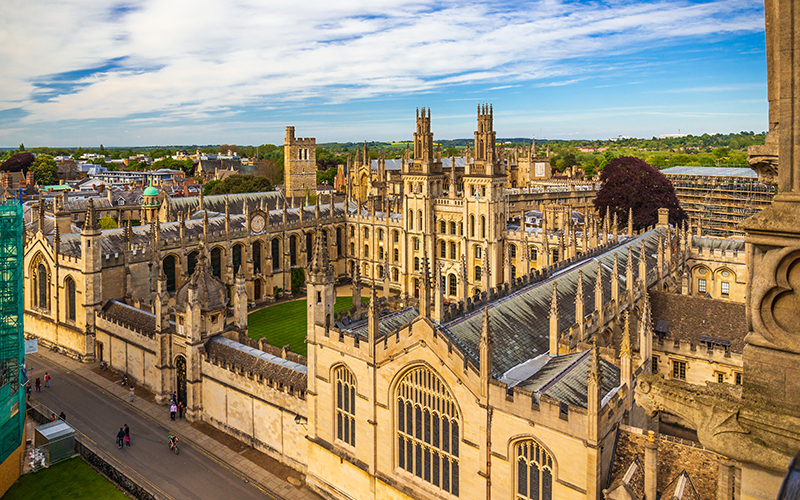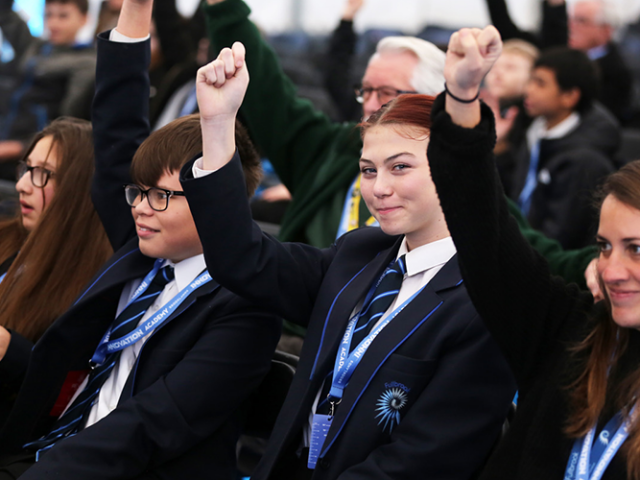The winners of a new prize supporting ambitious ideas for how artificial intelligence can address critical societal issues have been announced, with projects spanning fertility, climate change, language and communication challenges, mental health, and how local councils deploy AI.
The five winners of the challenge – called AI-deas – have been selected by ai@cam: the University of Cambridge’s new flagship mission to drive AI innovation that benefits science, citizens, and society. They will receive seed funding to get off the ground and support to scale their impact.
Each project exemplifies the public value ai@cam champions in artificial intelligence research, by being interdisciplinary by design, grounded in real world need, and having a clear plan for cross-sectoral collaboration with external stakeholders – such as affected communities, public sector, industry and NGOs.
After a competitive selection process, which kicked off last year with more than 70 concept papers submitted from across the University of Cambridge’s departments, the winning projects will aim to:
- Improve understanding, diagnosis and treatment of brain diseases and mental health disorders
- Develop cheaper, less invasive and more accessible AI-driven healthcare diagnostics that can be used throughout the conception to childhood journey
- Build tools to assess common language and communication challenges and provide tools and technologies to support people with language and communication related disabilities
- Develop resources for local authorities to make ethical and informed decisions about the use of AI in their digitalisation initiatives
- Equip decision makers find more targeted and effective solutions to the twin climate and biodiversity crises, by using AI to provide better evidence and information.
Professor Anne Ferguson-Smith, Pro-Vice-Chancellor for Research at University of Cambridge, and Steering Group member of ai@cam said: “These are exactly the kinds of ambitious projects that are vital to delivering AI that serves society, but too often are neglected in the traditional funding landscape, because they require intensive collaboration across disciplines. I’m thrilled we have a mechanism for enabling them. Cambridge is already home to some of the most groundbreaking AI research, and AI-deas encourages further creativity and innovative thinking in this area.“
AI-deas is ai@cam’s first major initiative and will form part of a wider programme designed to deliver on the University’s AI mission. Through research funding, partnerships within and outside of the university, and education, ai@cam will more powerfully connect what happens in the university lab to the outside world.
Neil Lawrence, DeepMind Professor of Machine Learning and Chair of ai@cam said: “The positive response we’ve had to the AI-deas initiative proves there’s a vibrant community of researchers across all career levels who are passionate about connecting AI to public interest. AI has the potential to drive progress on the things that actually matter to people. The selected projects in this round of funding show how we can make that happen – for instance, bringing experts in machine learning, fertility and infant neurodevelopment together in a shared mission.”
Diane Coyle, and Bennett Professor of Public Policy at the University of Cambridge and Steering Group member of ai@cam said: “AI innovation is often perceived as being driven by business. While a wealth of exciting work is coming from leading AI companies, they are not going to solve society’s biggest challenges themselves. Interdisciplinary AI research is vital to bridge from technological advances to public value. AI-deas aims to build some of those bridges.”




